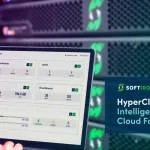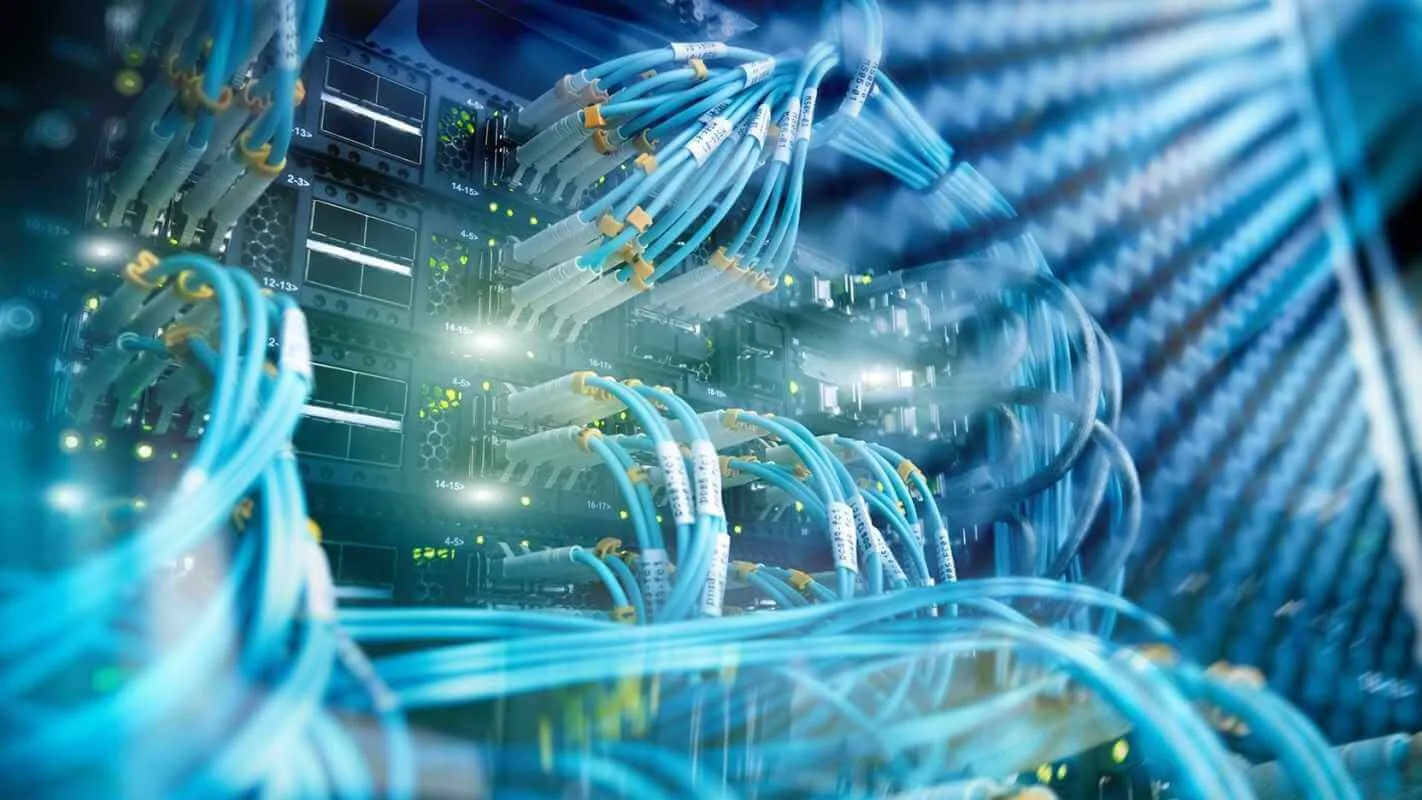Data centres are large, high-density computer storage facilities that house mission-critical information and services. They typically handle digital data such as company records, databases, or inventory records.
When it comes to the specifics of what a data centre is and what it does, things get a little more complicated.
There are many different types of data centres and each has its own distinct purpose and function. There is no universal definition for any type of data centre; rather, there are several variations on the general theme of data centres that have their own particular distinctions.
This article looks at some of the different types of data centres from a technical standpoint so you can understand their purposes and functions in your organisation.
What is an On-Premise Data Centre?
An on-premise data centre is a dedicated computer centre housed in a facility that is owned and operated by your organisation.
Data centres that are owned by the company whose data they house are called on-premise data centres.
To understand the concept of on-premise data centre, it’s necessary to take a look at the other two primary types of data centres: the cloud data centre and the co-location data centre.
A cloud data centre refers to the computers used to store data remotely via the internet or other network services.
A co-location data centre is a data centre that houses a client’s computers in a leased space within another company’s data centre.
Computers are not owned by the company whose data they house. You can store data in an on-premise data centre, but you don’t have to. That’s the main difference between an on-premise data centre and a co-location data centre.
Cloud Data Centre
A cloud data centre is a data centre that houses a customer’s computers remotely and provides the necessary network and storage infrastructure to store the client’s data.
The computers are usually housed in a remote location, such as a dedicated facility or colocation centre.
To be clear, a cloud data centre is not the same as “the cloud” that people often talk about when they mean storing data with a third-party provider such as Google or Amazon Web Services. “
The cloud” is just one type of third-party data centre, and it’s the one that happens to be used by all of the providers who offer cloud data centre services.
A cloud data centre is designed for companies that don’t have the infrastructure to host their own data. Or, a company might have the infrastructure, but it can still use a cloud data centre to store its data.
Co-location Data Centre
A co-location data centre is a data centre that houses a client’s computers in a leased space within another company’s data centre.
A co-location data centre isn’t controlled by the company whose computers are housed there; it’s controlled by the client. Co-location data centres are typically used as a temporary solution.
A company might not be able to expand or upgrade its own data centre at the moment, so it might lease space in a co-location data centre while it sorts out its options.
Co-location data centres are usually smaller than on-premise data centres because the company doesn’t have to maintain the infrastructure of a full-blown data centre.
They’re also more expensive because the client is paying for more than just space to house their hardware; they’re also paying for the full services of the data centre, such as power and cooling.
Dark Data Centre
Darkdata centres are colocation data centres that don’t provide any hardware, software, or connectivity. They only provide the physical space to store servers and other hardware. Dark data centres are more like data centres-as-a-service than they are like traditional co-location data centres.
These data centres let clients house their hardware without having to worry about connectivity to the internet or building their own network.
A dark data centre is the cheapest way to get your equipment into a data centre. You own the hardware and the data centre provides the power, cooling, and space for your gear.
Why are data centers so important to business?
Business applications and activities rely on enterprise IT data centers: Including:
- Email and file sharing
- Virtual desktops, collaboration services and communications
- Business Productivity applications
- Customer relationship management (CRM)
- Enterprise resource planning (ERP) and database applications
- Big data, machine learning and artificial intelligence
Core components of a data centre
Sevices and systems including—routers, switches, firewalls, storage devices, servers, and application delivery controllers—are part of data center design.
Because these components store and manage confidential data and applications, data center security is critical. They work together to provide:
- Computing resources. Servers are the engines of a data center, providing processing, memory, local storage, and network connectivity to drive applications.
- Network infrastructure. A data center connects servers (both physical and virtualized), data center services, storage, and external connections to end-user locations.
- Storage infrastructure. Data is the fuel of modern data centers. Storage systems hold this valuable asset.
Extended Summary
A data centre is a physical facility that organisations use to house their critical applications and data.
A data centre’s design is based on a network of computing and storage resources that enable the delivery of shared applications and data. Routers, switches, firewalls, storage systems, servers, and application-delivery controllers are among the key components of data centre design.
There are many different types of data centres that can be used to store and manage critical data and services. An on-premise data centre is owned by a company and housed in its own facility.
A cloud data centre is a data centre that is owned by a provider and houses a client’s data remotely. A co-location data centre is a data centre that houses a client’s computers in a leased space within another company’s data centre.







